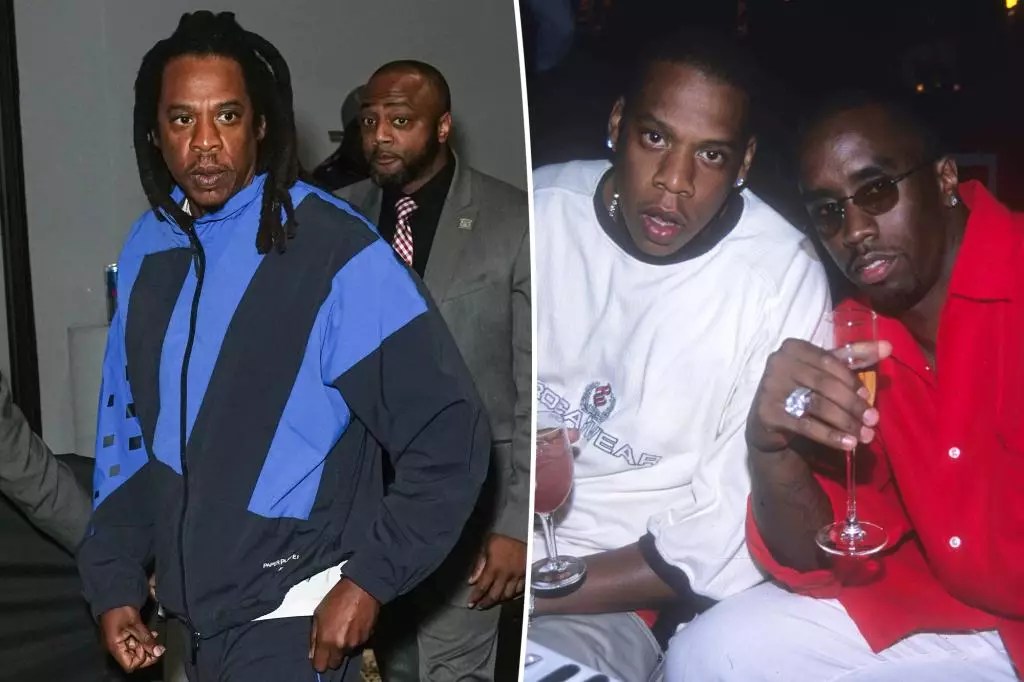In recent legal developments, a New York judge has ruled that the accuser of music mogul Jay-Z, whose real name is Shawn Carter, can proceed with her claims while maintaining her anonymity. This case has garnered widespread media attention given the high-profile nature of the defendants involved: Jay-Z and Sean “Diddy” Combs. Judge Analisa Torres emphasized the necessity of protecting the plaintiff’s identity at this stage, indicating that revealing her name could exacerbate her mental health struggles stemming from the alleged sexual assault. The ruling raises significant questions about the balance between the right to a fair trial for the accused and the need to shield vulnerable individuals from potential public scrutiny.
Judge Torres determined that the declaration of the woman as “Jane Doe” was warranted considering the psychological trauma she has reportedly endured, including depression and post-traumatic stress disorder (PTSD). Her vulnerabilities were key in the decision-making process, signifying the court’s sensitivity to the possible consequences of public exposure for assault survivors. This approach is particularly crucial in cases involving minors, as the alleged events transpired when the plaintiff was just 13 years old. The court’s focus on the well-being of the plaintiff highlights a growing recognition of the complexities involved in sexual assault cases, especially those linked to celebrity figures.
The crux of the allegations revolves around an incident at a 2000 MTV Video Music Awards afterparty where the plaintiff claims both rap icons assaulted her. According to court documents, the plaintiff described a scenario where she was offered a drink that incapacitated her, leading her to seek refuge in a bedroom. It is in this vulnerable state that the alleged assault unfolded, with graphic claims made against both Jay-Z and Diddy. As the allegations intensified, Jay-Z’s immediate reaction was a strong denial, branding the claims as “heinous” and labeling the motivations behind the lawsuit as “deplorable.” His legal team’s fervent push to have the case dismissed suggests a strategy aimed not only at clearing his name but also at countering the narrative that might arise in the media.
Moreover, Judge Torres criticized Jay-Z’s legal counsel for adopting a combative approach filled with inflammatory language, which she deemed excessively aggressive and counterproductive. This critique underscores a significant challenge in high-profile cases: the necessity for attorneys to navigate the complexities of public opinion while also adhering to the decorum expected in legal settings. The court’s reluctance to expedite proceedings at the request of Jay-Z’s lawyer reinforces the principle that judicial processes should not be rushed due to media attention or public pressure.
The case is emblematic of broader societal themes concerning celebrity culture, victimization, and the legal system’s treatment of sexual assault claims. The decision allowing the plaintiff to remain anonymous while pursuing her lawsuit reflects a growing trend in which courts recognize the psychological toll of public exposure on alleged victims. In contrast, it also highlights the potential ramifications for the accused, who may face reputational damage before the legal process unfolds.
Given that Diddy is currently facing charges related to sex trafficking and racketeering, the overlapping legal battles complicate the narrative further. His representatives have labeled the lawsuit as part of a broader scheme of “shameless publicity stunts,” framing the narrative in a way that suggests a coordinated effort to extort celebrities. This claim of victimization by the defendants adds another layer to the already intricate public discourse surrounding sexual assault allegations, particularly in the entertainment industry.
Ultimately, the court’s approach in this case might set a precedent for how similar lawsuits are handled in the future. With the evolving landscape of social justice and increased attention to survivors’ rights, the outcomes of such high-profile trials could influence legislative movements aimed at improving legal processes for victims of sexual violence.
As this legal drama unfolds, the nation watches closely, perhaps reflecting on its own perceptions of justice, fame, and the complex fabric that weaves them together. Each decision made by the court not only impacts the individuals involved but also contributes to the ongoing conversation about accountability in the sphere of celebrity and the justice system’s duty to protect those who come forward with accusations. The stakes are enormous, not just for Jay-Z and Diddy, but for the countless victims and alleged perpetrators navigating the intricate intersection of fame and justice.


Leave a Reply